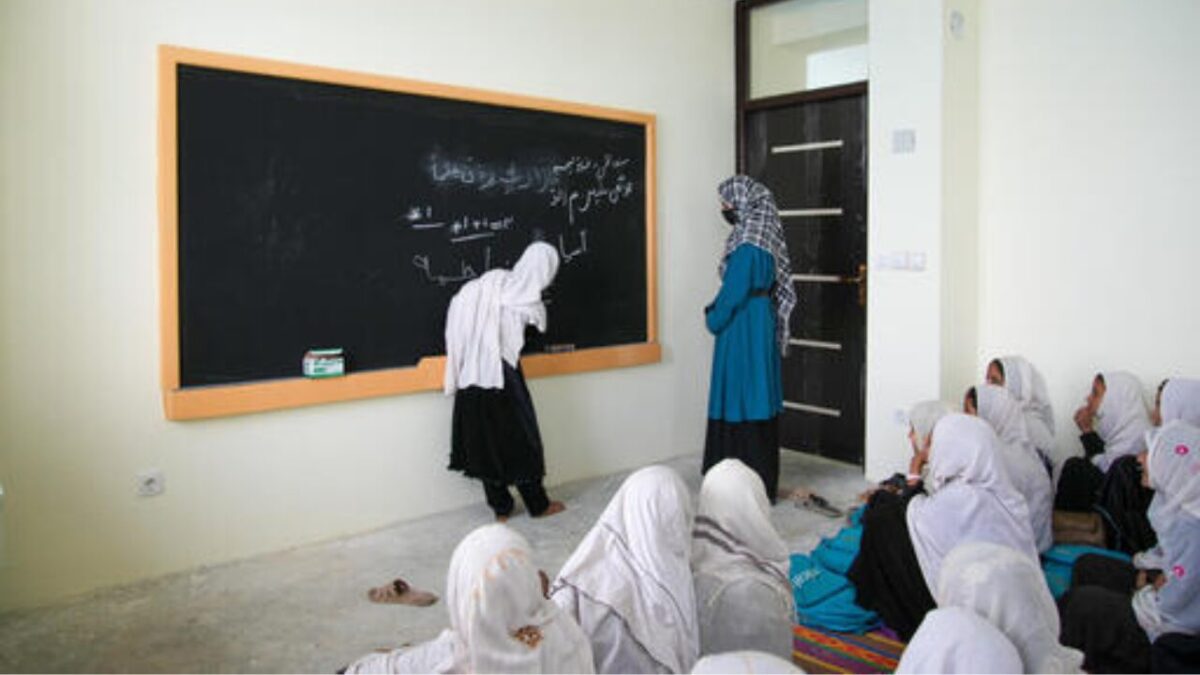Access to education in Afghanistan remains severely constrained due to a combination of restrictive Taliban policies and longstanding structural challenges such as poverty, underdevelopment, and a lack of resources, the United Nations Office for the Coordination of Humanitarian Affairs (OCHA) said in a report released Monday.
The report highlights that more than 1.5 million girls remain out of school following the Taliban’s nationwide ban on education for girls beyond Grade 6, a policy enacted in March 2022 that has now entered its third year.
“This prohibition has left girls at greater risk of illiteracy, child labor, early marriage, gender-based violence, and negative coping mechanisms,” OCHA said. “It has further exacerbated the hardships faced by Afghan women and girls across the country.”
In a further blow to female access to education, OCHA noted that in December 2024, Taliban authorities extended the ban to women attending both public and private medical institutes—the last remaining space where women had continued university-level studies following the suspension of higher education for women in December 2022.
The education crisis is compounded by humanitarian needs. According to OCHA, nearly 9 million children, including 888,000 with disabilities, will require emergency education support in 2025.
Efforts to deliver community-based education (CBE) have also been hindered. A Taliban verbal directive issued in June 2023 ordered that CBE classes be transitioned from international NGOs to national NGOs, and ultimately to Provincial Education Directorates (PEDs). This shift, OCHA said, has led to a steep decline in access.
“As of December 2024, only 1,315 out of 4,332 transitioned classes remained operational,” the report stated, noting that nearly 52,000 children—most of them girls—have since dropped out.
The estimated cost per student for education services in 2025 is $112, a slight increase attributed to expanded interventions in the past two years and new operational requirements, including the need for male guardians (mahrams) and third-party female monitors in line with the Taliban’s “Morality Law” implemented by the Ministry for the Propagation of Virtue and Prevention of Vice.
To improve coordination and long-term outcomes, the U.N. said that its Education Cluster is working with Taliban officials and humanitarian partners through the Education Strategic Thematic Working Group to align basic educational access with humanitarian goals. However, funding shortfalls remain severe.
As of January 2025, only $7.9 million—or 8.5 percent—of the required funding for education programs had been secured, OCHA reported.





